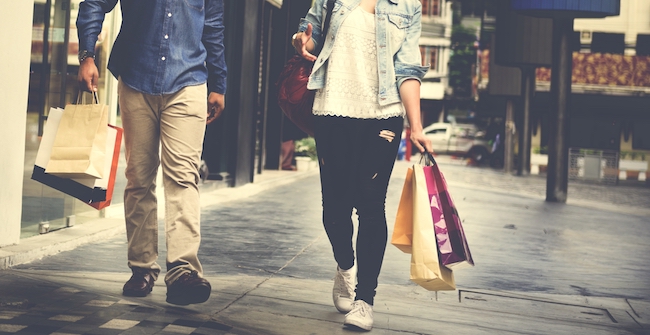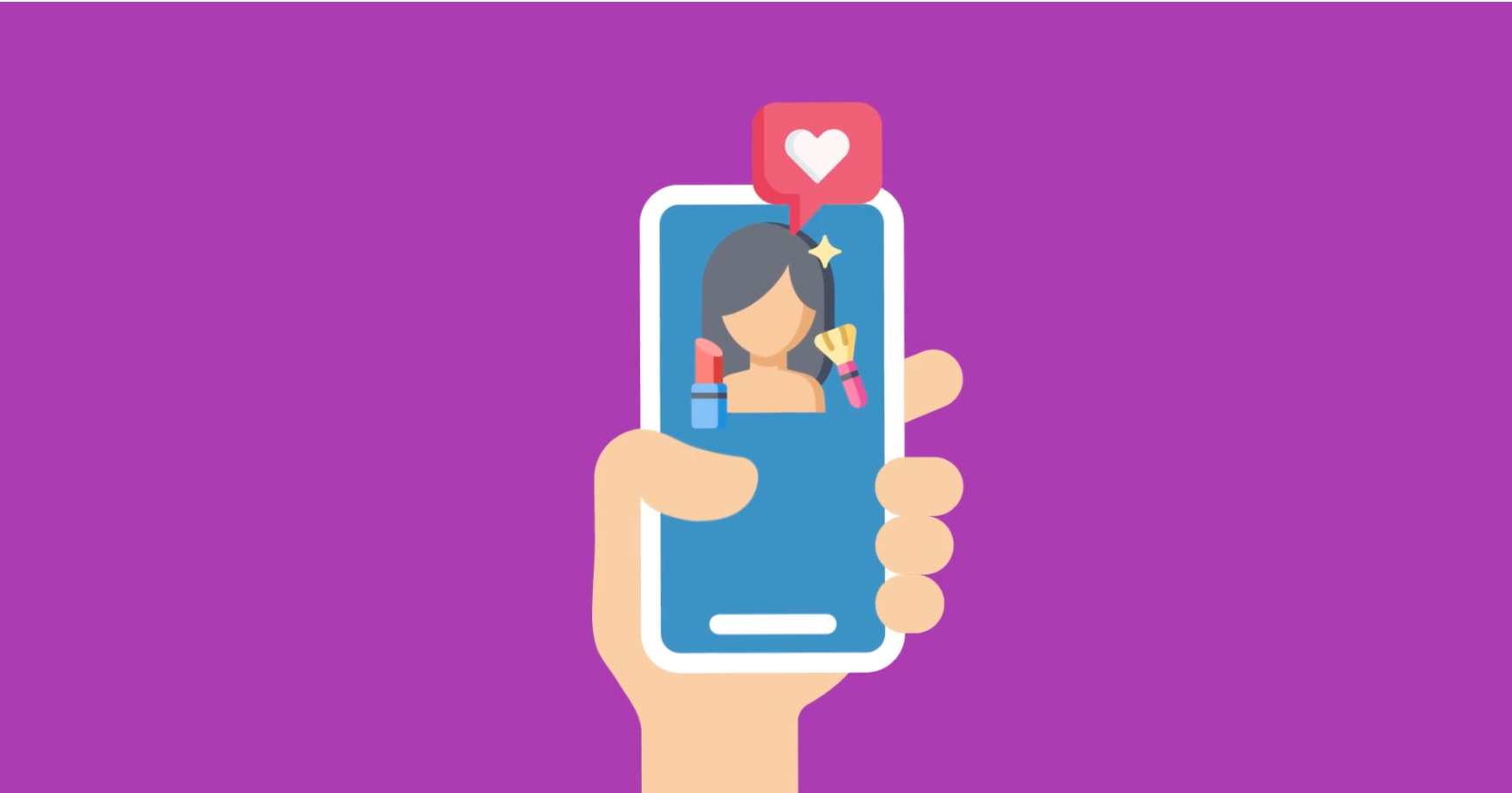

As CMO, you own the promise of your brand, but your retail partners own the experience. Your primary goal is to grow awareness; your pain lies in the disconnect between that awareness and the consumer experience (aka reality). You work tirelessly to address this gap.
When it comes to retail partners, there are typically three channels CMOs focus on from an in-store and e-comm perspective: big box, licensed stores, and specialty retailers. They each have their own unique challenges. You task your VP of Marketing with ensuring the brand story translates at a local level which means each retail segment must be supported.
Given finite resources and the false beliefs that 1) big box stores hold the most influence; 2) licensed locations have to do what you say; 3) working with speciality lacks economies of scale — your team doubles down by investing the majority of their time and budget on big box, but you know it’s just not that simple.
Today’s customer is looking for more than just the perceived selection of low-priced products homogeneously offered within the four walls of a category killer. Wall Street analysts have been predicting “the slow demise” of stores like Walmart and Target since 2014. Big box stores are not the future. Some are going out of business at a record rate. Recently, Macy’s announced it’s closing 63 stores, Sears, 150, and JCPenney, up to 140, among others.
By 2030, retailers left standing will be brick-and-mortar shops focused on authentic brand experiences as predicted in “The Future of Retail,” a Synchrony Financial report published in March 2017.
“People are social by nature and will be drawn to gathering places to share ideas and be entertained. It’s not just about making money. It’s about building trust. Retailers who tap into this trend will be rewarded.”
Fighting the inevitable, chains are focusing on their own private label brands. Case in point: Dick’s Sporting Goods, the impetus for this post and one of the last category killers still in business. CEO Ed Stack announced last month that Dick’s would decrease its outside vendors by 20% in favor of private label brands. They’re not alone in that focus. Target plans to introduce a dozen exclusive brands over the next two years.
The problem with catering to the big box is that it leaves your brand without any effective way to differentiate within the confines of an ultimately failing channel.
At first, the consensus was that the web, along with smaller convenient stores, were taking a big bite out of big box profits. Consumers were more interested in finding items with little effort over combing through a vast selection of goods. But now, trends show it’s the boutique experience of the local store that reins.
The appeal of local, independent retailers is something we experience every day — a curated selection of goods offered alongside a superior, more personalized experience. The knowledge and comradery I experience at Marathon Sports every time I roll in to buy a new pair of running sneakers is second to none. So why are so many channel marketers left defending specialty and its importance to the brand?
As predicted for the last two years, the specialty segment of retail continues to grow while most other sectors are on the decline. While your independents flourish, they remain largely unsupported from a digital marketing perspective by brands that treat them as profit centers rather than strategic marketing partners. To succeed in your primary goal of bridging the brand promise and experience gap, it’s paramount that you partner more effectively with specialty retailers to future-proof the brand.
There are more than 45 brands across a dozen industries on Promoboxx. They have your exact same goals. By aligning their digital marketing effort with local stores, they’re increasing the brand’s reach by 200%. The results? These same brands also reporting an increase of anywhere from 5% to 50% in sales.
If you want to future-proof your brand, aligning with specialty is your most strategic option. But alignment is more than a dropbox of assets served up on a DAM or intranet site.
Alignment is about offering the content you’re already creating in a manner that allows retailers to be a bullhorn for your products on their digital marketing channels. And that’s exactly what Promoboxx allows you to do.
If you’re struggling with where to start, take a look at how brands like New Balance and Mohawk are leveraging Promoboxx to marketing through their local, independents to drive consumer awareness and sales.

